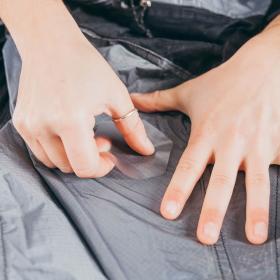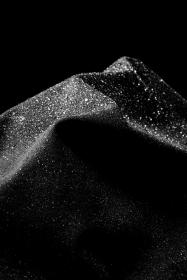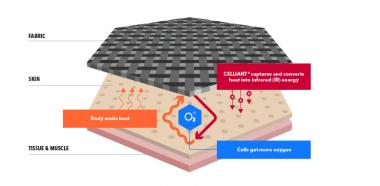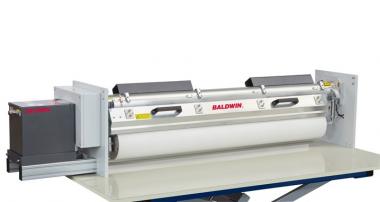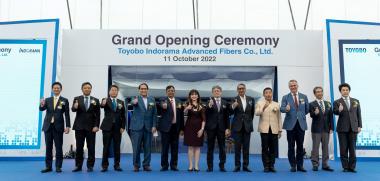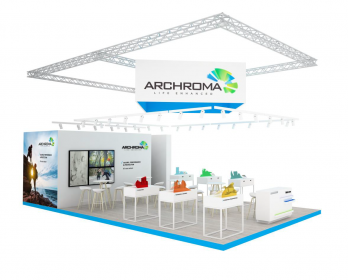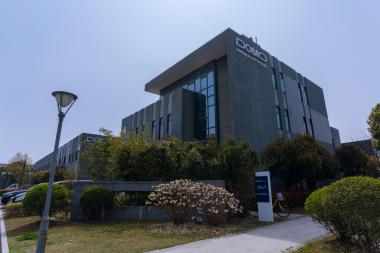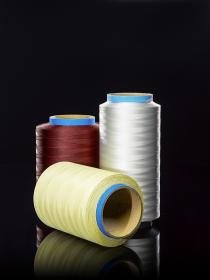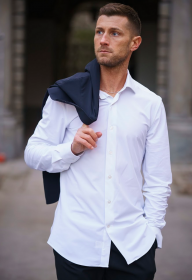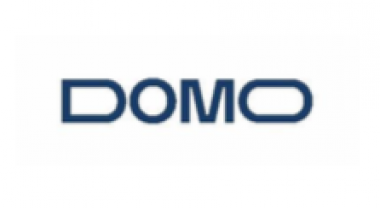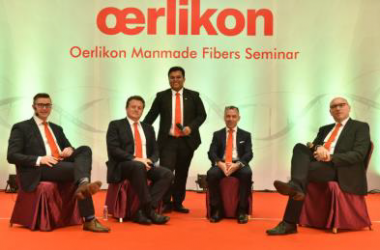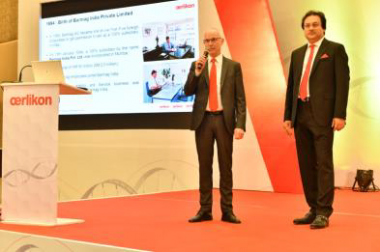Freudenberg showcases sustainable solutions at Techtextil 2024
Freudenberg Performance Materials (Freudenberg) is showcasing solutions for the automotive, building, apparel, filtration and packaging industries at this year’s Techtextil in Frankfurt am Main from April 23 – 26.
Sustainable nonwoven for car seats
One innovation highlight at Techtextil is a novel Polyester nonwoven material for car seat padding. Also available as a nonwoven composite with PU foam, it is not only easier for car seat manufacturers to handle during the mounting process, but also ensures better dimensional stability as well as providing soft and flexible padding. It has a minimum 25 percent recycled content, for example, by reusing nonwoven clippings and waste, and is fully recyclable. Full supply chain transparency enables customers to trace and verify the content of the nonwoven and thus ensures a responsible production process. The Freudenberg experts will also be presenting several other nonwoven solutions made of up to 80 percent recycled materials that can be used in car seat manufacturing.
Biocarrier for green roofs
Freudenberg is showcasing a sustainable carrier material for green roofs on urban buildings at the trade fair. The carrier is made from polylactide, i.e. from renewable resources. When filled with soil, it provides a strong foothold to root systems, enabling the growth of lightweight sedum blankets that can be rolled out to provide instant green roofs. These roofs not only help counter urban heat, they also improve stormwater management and regulate indoor temperatures.
From textile waste to padding
The company extended its circular thermal wadding product range with the release of comfortemp® HO 80xR circular, a wadding made from 70 percent recycled polyamide from discarded fishing nets, carpet flooring and industrial plastic. Because polyamide 6, also known as nylon, retains its performance characteristics after multiple recycling processes, the fibers can be used again and again to manufacture performance sporting apparel, leisurewear and luxury garments.
Packaging solutions with various sustainability benefits
Freudenberg is also showcasing products for sustainable packaging and filtration solutions. The long-lasting Evolon® technical packaging series is a substitute for disposable packaging used in the transport of sensitive industrial items such as automotive parts. The material is made from up to 85 percent recycled PET. A further highlight at Techtextil are Freudenberg’s fully bio-based solutions for manufacturing dessicant bags. The binder-free material based on bio-fibers is also industrially compostable.
In addition, the experts will be giving trade fair visitors an insight into Freudenberg’s filtration portfolio.
Freudenberg Freudenberg Performance Materials Techtextil automotive textiles packaging Filtration
Freudenberg Performance Materials







